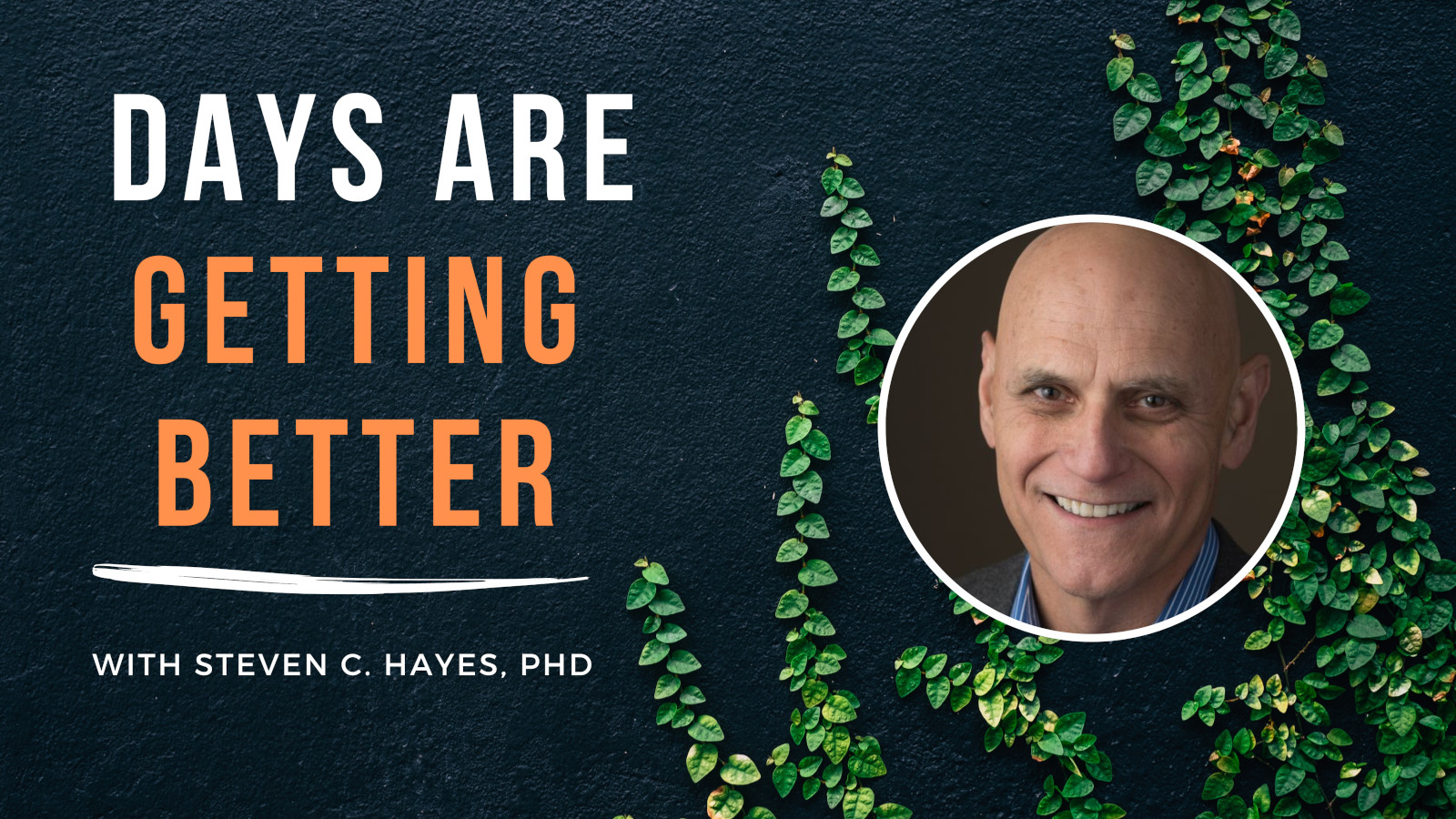Do you toss and turn in bed? Can’t get to sleep (or go back to sleep) no matter what you do?
I’ve been there and one thing is sure: insomnia is frustrating!
It’s also bad for your health. Ongoing sleep deficiency is linked to an increased risk of heart disease, kidney disease, high blood pressure, diabetes, and stroke.1 It has also been linked to changes in brain function, poor decision making, difficulty with problem solving, depression, and even suicide.2
Unfortunately, many of the classic strategies for overcoming insomnia don’t work all that well. You probably know this. I bet you’ve already tried some of them.
New research suggests there may be a path forward, and it isn’t what you think…
Controlling Sleep Doesn’t Work Very Well
One reason the natural things we do to solve sleep problems aren’t very effective is that they invite you to do too much, precisely when you need to do nothing. What does that mean? Think about it this way…
Your body knows how to sleep. It should be darn good at it too … millions of years of evolution tends to work out the kinks. Get out of your own way, do nothing to wake yourself up, and voila: you sleep.
But your logical problem-solving mind is only a few hundred thousand years old … surely not more than a couple of million. We know that because our closest relatives don’t have symbolic language – the core element of our thinking processes. Your mind sure knows how to problem solve … but it is not very good at sleep because it is not very good at doing nothing.
The problem with most existing psychological sleep interventions is that they too invite you to do too much.
Let me ask you this. If you are half asleep and you start trying to solve a problem, any problem, what happens? That’s right. You wake up. Solving a problem is the brain equivalent of sprinting around the block. Hardly likely to encourage snoozing.
So what is the first thing you do when you wake up in the night and start to worry? You try to put the worries out of your mind or you try to convince yourself things aren’t as bad as all that. You treat your thoughts as problems to be solved. The problem: all that mental stuff is waking you up!
The Acceptance and Commitment Therapy (ACT) community has an alternative: psychologically flexibility. Basically, that means allowing thoughts and feelings to show up, then gently attending to what helps move you in the direction you value. In that case of sleep that mean noticing the temptation to problem-solve (e.g., to push away worries and anxieties), and instead to do nothing. Your body know how to sleep. Your mind? Not so much.
Studies have shown that psychological inflexibility is a key player in sleep problems.4 Recent studies have also shown that training people to be more psychologically flexible helps reduce insomnia in those who have chronic pain5 and chronic fatigue.6
So if you’re an insomniac, what’s the bottom line for you?
Accept Your Experiences
Let’s face it. Suppressing your night time thoughts and feelings or struggling to go back to sleep just doesn’t work that well. You probably already know this. If you have sleep problems, I’m sure you’ve tried it. Has it worked for you?
Try becoming more psychologically flexible instead. Here are three techniques you can experiment with:
- If you can’t sleep, rest. In many cases, it’s the focus on trying to sleeping itself that keeps you from getting to sleep. By allowing yourself to simply rest and respectfully declining your mind’s invitation to problem solve, you are more likely to get to sleep more easily or fall back to sleep after you wake up.
- Just noticing. Worry keeping you awake? Instead of ruminating on it, just notice it. When worries arise imagine they are words written on leaves that are floating down the river. They come in, they go out. Notice them dispassionately. That is all. Add or subtract nothing.
- Accept your thoughts and feelings about insomnia. I don’t mean resign yourself to insomnia. I mean to be present with your reactions without grabbing at them or manipulating them. Instead of rejecting these reactions, just hold them the way you would a child. Then let your body do what it knows how to do.
These techniques are counterintuitive. That’s true. But what have you got to lose? Maybe some useless problem solving time?
The next time you are trying to get to sleep here is a better idea. Get in bed, close your eyes, and do nothing at all.
References
1 https://www.nhlbi.nih.gov/health/health-topics/topics/sdd/why accessed on November 29,2016.
2 Ibid.
3 Currie SR, Wilson KG, Curran D. Clinical significance and predictors of treatment response to cognitive behavior therapy for insomnia secondary to chronic pain. J Behav Med 2002;25:135–53.
4 Kato, T. (2016). Impact of psychological inflexibility on depressive symptoms and sleep difficulty in a Japanese sample. SpringerPlus, 5(1), 712.
5 McCracken, Lance M., Jennifer L. Williams, and Nicole KY Tang. “Psychological flexibility may reduce insomnia in persons with chronic pain: a preliminary retrospective study.” Pain Medicine 12.6 (2011): 904-912.
6 Kallestad, Håvard, et al. “The role of insomnia in the treatment of chronic fatigue.” Journal of psychosomatic research 78.5 (2015): 427-432.







